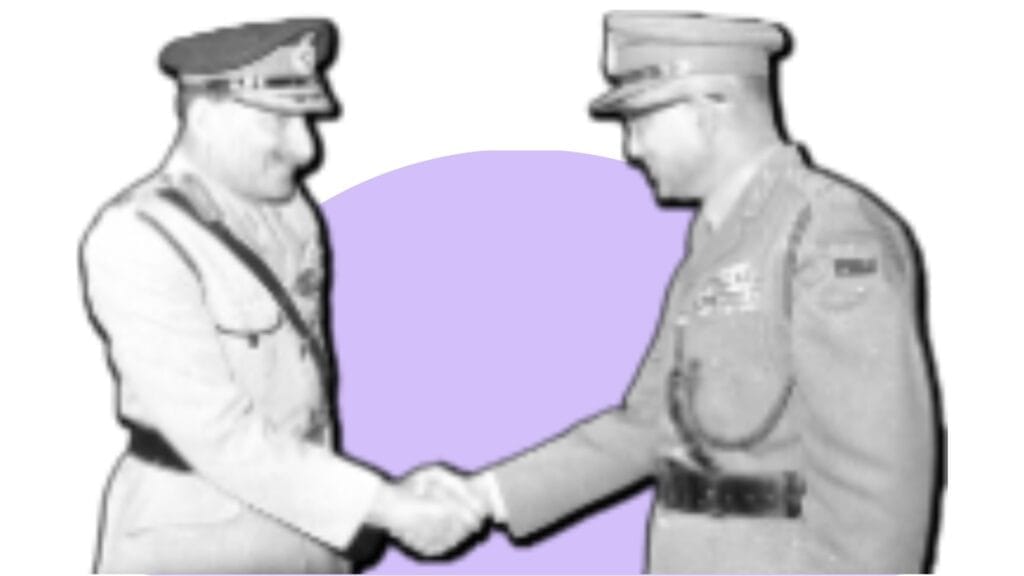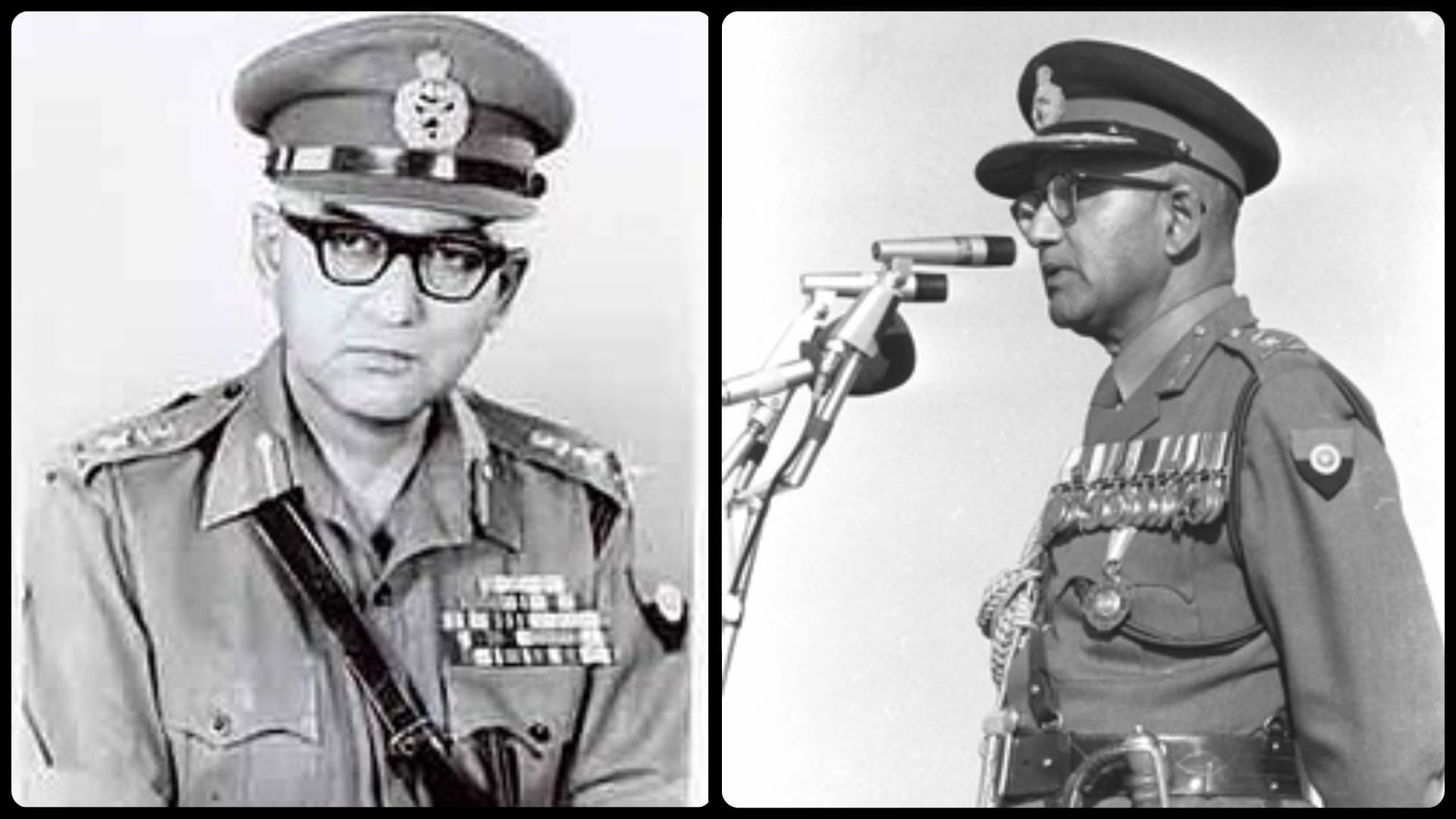In the tapestry of India’s military history, General Gopal Gurunath Bewoor, fondly known as G.G. Bewoor, emerges as a distinguished leader with a legacy that extends far beyond the battlegrounds. Gen Bewoor was the First Director General of the National Cadet Corps (NCC) and 8th Chief of Army Staff (CAOS). General Bewoor was born on August 11, 1916, in Karnataka, his journey unfolds as a remarkable narrative of dedication, leadership, and service to the nation.1
Early Years and Military Education
Gen Bewoor’s early years were shaped by an education at Colonel Brown Cambridge School, Dehradun, and later at the Prince of Wales Royal Indian Military College (RIMC) and the Indian Military Academy. Little did he know that these formative years would set the stage for a decades-long commitment to the Indian Army.
From Second Lieutenant to DG NCC
Gen Bewoor Commissioned into the Indian Army in 1937, he saw action during World War II. His pivotal role in the Army Partition Committee in 1947 reflected his strategic acumen. Transferred to the Dogra Regiment post-Independence, he assumed a ground breaking role as the first Director General of the National Cadet Corps (NCC) in 1948, aiming to instil basic military training in school and college students.
You can read our recent article on History of NCC.
Promotions, Commands, and War
Gen Bewoor’s career boasted a series of promotions and commands, showcasing his prowess as a military leader. After becoming Brigadier in 1951 to leading the 33 Corps during the Indo-Pakistani War of 1971, he earned accolades for his strategic decisions. Later, the Padma Bhushan in 1972 recognized his contributions during the war, specifically in the Rajasthan Sector.

Chief of Army Staff and Beyond
In January 1973, he assumed the mantle of Chief of Army Staff, succeeding the legendary Field Marshal Sam Manekshaw. His tenure witnessed critical moments, including being informed about India’s nuclear tests in 1974. Post-retirement, he continued his service as the Indian Ambassador to Denmark, adding a diplomatic feather to his illustrious cap.
Legacy and Recognition
General G.G. Bewoor’s legacy transcends military accomplishments. His role as the first DG NCC left an enduring mark on Indian youth, shaping character and instilling discipline. Beyond military endeavors, his post-retirement contributions in education, corporate boards, and as a sought-after speaker underscored his commitment to public service. The Padma Bhushan in 1972 reflected the nation’s acknowledgment of his multifaceted contributions.
To know more about General Bewoor, you can visit here.
End Note
As we reflect on the life of Gen Bewoor, we encounter a narrative rich in dedication, leadership, and a deep-rooted love for the nation. From the echoes of World War II to the diplomatic corridors and educational institutions, his journey inspires us to strive for excellence and service to our country. Gen Bewoor’s legacy is not just etched in history books; it lives on in the ethos of the Indian military and the hearts of those who continue to be inspired by his exemplary life.2


